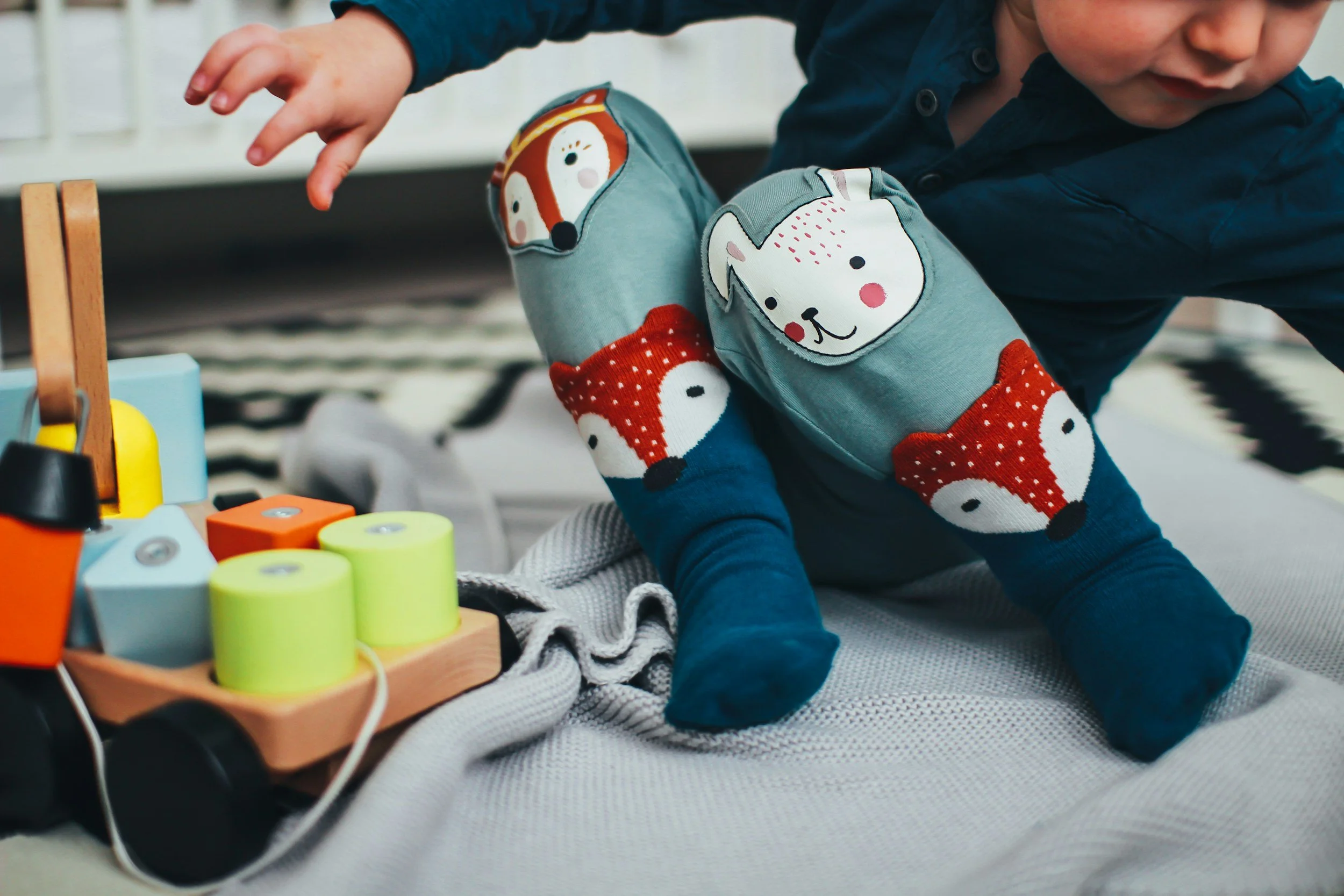Why Your Toddler’s Tantrum Isn’t Personal
Your toddler is screaming on the floor because you gave them the “wrong” spoon. Or they’re kicking and crying because it’s time to leave the park. You’ve done everything you can to keep things calm—and suddenly, it feels like your child is falling apart on purpose.
If you’ve ever taken a toddler’s meltdown personally, you’re not alone.
Tantrums can be loud, messy, exhausting, and sometimes deeply triggering. They can stir up frustration, shame, or thoughts like:
“Why are they doing this to me?”
“They’re so ungrateful.”
“I must be doing something wrong.”
But here’s the truth: your toddler’s tantrum isn’t a personal attack—it’s a developmental cry for support.
Tantrums Are a Normal Part of Brain Development
Toddlers aren’t giving you a hard time—they’re having a hard time.
During the toddler years, the part of the brain responsible for logic, self-control, and emotional regulation (the prefrontal cortex) is still under construction. This means your toddler feels emotions very strongly, but doesn’t yet have the skills to manage them calmly or communicate them clearly.
So instead of saying, “I’m tired, overstimulated, and disappointed,” your toddler might throw themselves on the floor over a broken banana.
It’s not manipulation. It’s dysregulation.
What’s Really Happening in a Tantrum?
When a tantrum hits, your child’s nervous system is flooded. Their brain is in survival mode—fight, flight, or freeze. They’re not trying to push your buttons—they literally can’t access the part of their brain that helps them think rationally, follow instructions, or remember what you told them five minutes ago.
In this state, your toddler needs what we all need when we’re overwhelmed: safety, connection, and co-regulation.
Why It Feels Personal—Even When It’s Not
If you were raised in a home where emotional outbursts weren’t tolerated—or if you’re tired, stressed, or carrying emotional wounds of your own—it makes total sense that your child’s tantrum might feel like an attack.
But the moment we internalise our child’s dysregulation as disrespect, we risk reacting instead of responding.
Shifting the narrative from “They’re doing this to me” to “They’re struggling and need me” helps us meet the moment with compassion instead of control.
How to Respond When It Feels Personal
1. Pause Before You React
Take a breath. Remind yourself:
“This isn’t about me. My child is having a hard time, not trying to give me one.”
That one-second pause can shift your entire response.
2. Regulate Yourself First
You don’t have to match your child’s energy. In fact, the calmer you stay, the more your child’s nervous system can settle through yours.
You might:
• Place a hand on your heart and breathe deeply
• Step away briefly if your child is safe
• Repeat a calming phrase like: “I am safe. They are safe. We’ll get through this.”
3. Offer Connection, Not Control
You can stay close, calm, and supportive—without “giving in.”
Try:
• “You’re having a really big feeling. I’m here.”
• “I won’t let you hit, but I can help you calm down.”
• “It’s okay to be upset. I’ll stay with you until the feeling passes.”
4. Reflect and Repair Later
Once the storm has passed, you can talk through what happened—at their level:
• “You were really mad when we had to leave the park. That was hard.”
• “Next time, we’ll take a deep breath together before we go.”
This builds your child’s emotional literacy and your connection.
A Gentle Reminder
Your toddler’s tantrum is not a reflection of your parenting failure—it’s a reflection of their emotional immaturity. When you choose presence over punishment, connection over control, and repair over reaction, you’re not just surviving the tantrum—you’re shaping your child’s lifelong ability to manage big emotions with safety and self-awareness.
At Sound Mind Counselling and Family Therapies, we support parents in navigating the emotional rollercoaster of raising young children—especially when your child’s outbursts stir up your own. If you need help breaking generational patterns or finding calm in the chaos, we’re here for you.
Book a session today and learn how to respond with confidence, compassion, and calm—even on the hardest parenting days.



